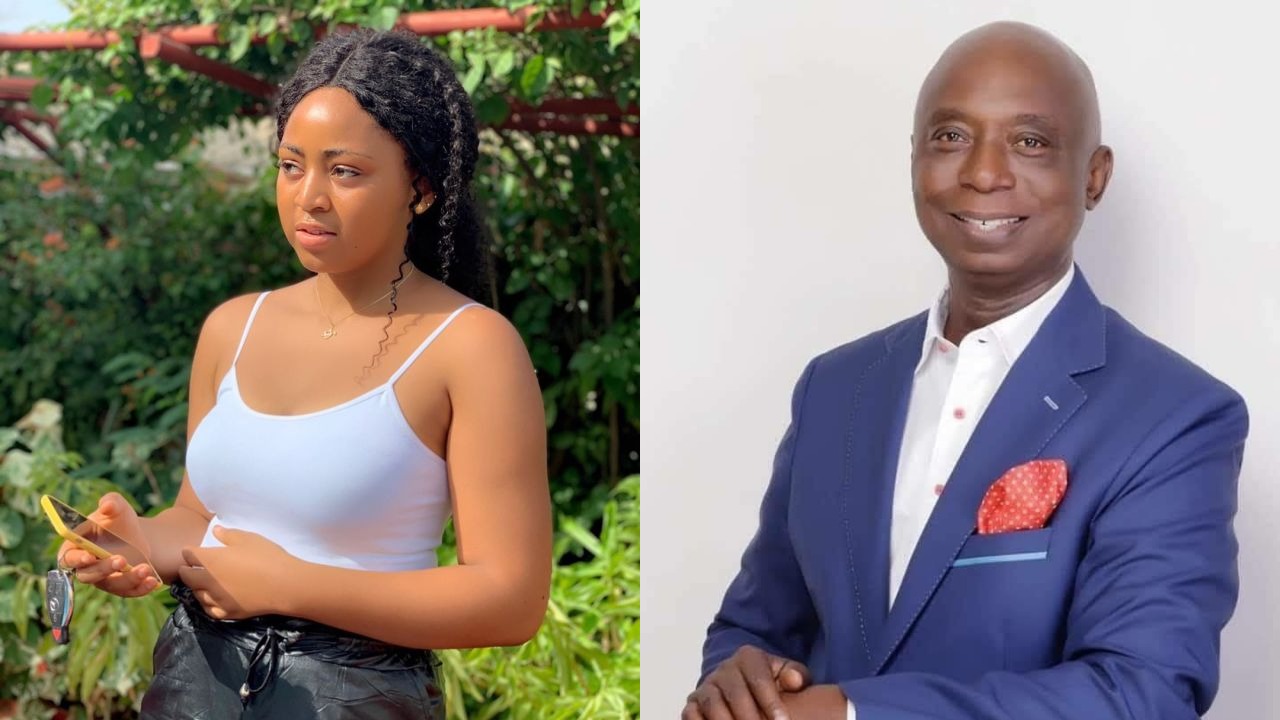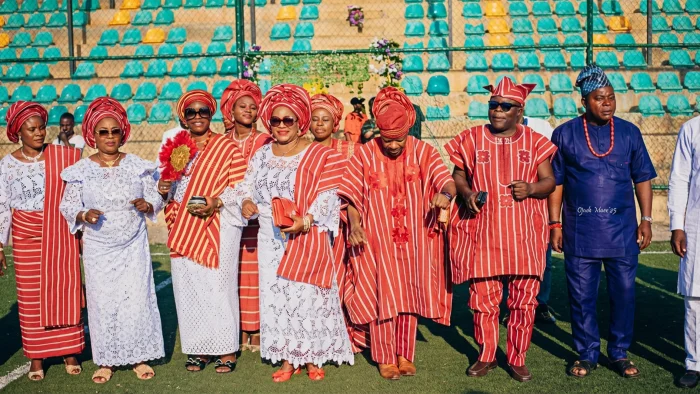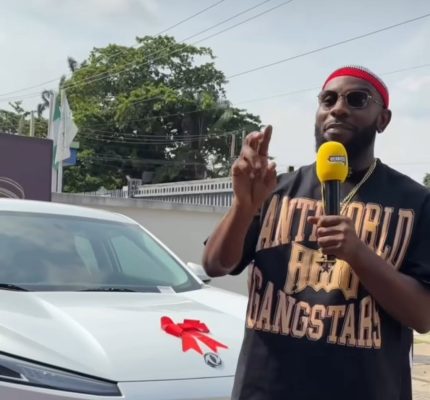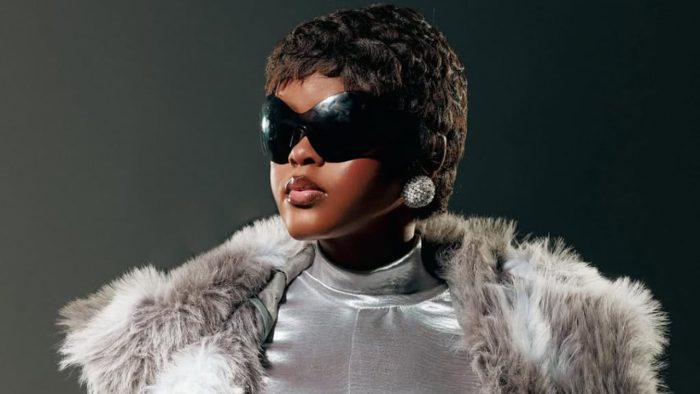
Afrobeats singer
Nigeria’s rich cultural heritage has long been a cradle for varied music genres and messages that resonate far beyond the country’s borders. The deep-rooted traditions, linguistic diversity, and vibrant rhythms woven into the fabric of Nigerian music create a sound that is distinctively Nigerian yet globally appealing.
[ad]
From the early days of highlife and juju to the rise of Afrobeat, Nigeria has become fertile ground for the fusion of traditional expressions with contemporary sounds. The dynamic cultural scene not only shapes the music but also the identity and ethos of its artists, driving global fascination with Nigerian music.
The Nigerian music industry has seen the rise and fall of its stars, but beyond the rollercoaster of fame, its glory continues to unfold. Today, through music, dance, acting, and stand-up comedy, Nigerians have made their mark on the global stage, with current artists continuing to build on the legacies of the past. In the music industry, special recognition goes to those who have pushed their craft for years, making enduring impacts. While social media has been instrumental in the rise of new stars, many have steadily worked their way to prominence without relying heavily on these platforms.
One of such artistes is Cross Idukomose David, who embodies the spirit of Afrobeat. For musicians like Kwate, the influence of Nigeria’s rich heritage cannot be overstated. Growing up in an environment where music serves as both entertainment and a means of cultural preservation, Cross has carried the essence of Nigerian culture into his Afrobeat sound.
[ad]
Afrobeat, a genre pioneered by the legendary Fela Kuti, is a blend of traditional African music, jazz, funk, and highlife, which has evolved into a global movement. Like his predecessors, Cross embodies the cultural pride and resilience of Nigerian music, using his art to tell the stories of his homeland while bridging gaps with global audiences.
Cross’s musical journey began early, influenced by the diverse sounds that dominated Nigeria’s music scene. Attending shows by The Remedies in Benin City in 2003 and The Plantashun Boiz in 2004 were pivotal moments that solidified his decision to pursue music as a career. Artists like Fela Kuti, Victor Uwaifo, and Felix Liberty, alongside contemporary influences like 2Face, Eedris Abdulkareem, and international icons like 50 Cent and Beenie Man, have deeply inspired Cross, fueling his desire to create music that resonates both locally and globally. He credits his success and artistic vision to these iconic figures, who used music as a form of advocacy and expression.
The infectious rhythms and socially conscious lyrics of Afrobeat are deeply tied to the Nigerian experience, reflecting the complexities of life in the country while promoting messages of unity, love, and hope. Cross’s influences have shaped his unique sound, allowing him to craft music that is both personal and universal. Modern Afrobeat has allowed artists like him to reinterpret traditional sounds, infusing them with new energy and creativity that continues to captivate audiences worldwide. Musically, Cross has released over 20 singles and one album, with his highly anticipated debut EP set to drop on November 15, 2024. His favorite collaborations include hits like “Baby Give Me More” featuring Jaywon, “Party Dey Here” with Side One, “On Ground” featuring Black IQ, and its remix with Magnito, as well as “Enjoy Yourself” with Tty. These tracks showcase his versatility and ability to collaborate with other artists to create memorable and impactful music.
Kwate’s music career has been a journey of diverse themes, mostly revolving around love, sensuality, and personal triumphs. Starting with “Give me more” (2011), where he and Jaymon Baby delve into the excesses of love and sexual fantasies, Kwate has consistently showcased his flair for blending boldness with rhythmic appeal. Tracks like “Kwate & Your King RMX” (2012) featuring Britella and Micah, and “All the Way” (2012), exhibit his knack for capturing the pursuit of romantic interests, with an unrelenting swagger and energy. “Love” (2013) shifts to a more tender side, with Kwate professing deep affection over a mid-tempo reggae beat, reminiscent of classic Jamaican influences. However, his untitled song with Oritsefemi and YoungD veers into a more provocative space, where raw lyrics explore themes of sensual ecstasy, raising questions about his sensitivity toward his audience. Songs like “I don’t know” (2013) and “TamiLorobo” (2014), featuring Soul T and Skinpi, continue in a similar vein, where Kwate’s sensual and sometimes explicit lyrics take center stage, while “ObokhanMwen (My Wife)” (2014) highlights his connection to his Edo roots.
As Kwate’s career progresses, his music diversifies into both reflections on wealth and personal success. In “Halla” (2015), he recounts an encounter with a woman making advances, delivered in a mix of Pidgin and Edo dialects, while in “Owolowo (Money na money)” he gives thanks to God for his blessings, cautioning envious onlookers. “Enjoy Yourself” (2016) offers a mid-tempo dancehall vibe, encouraging listeners to live in the moment despite life’s challenges. Kwate’s evolution is fully realized in “On Ground” (2024), featuring Black IQ, where he continues to boast about his achievements, proudly referencing his heritage as a “Benin boy.” His body of work, though varying in tone and themes, reflects a consistent balance between sensuality, cultural pride, and the pursuit of success.
READ ALSO: Noon Dave…Evergreen gems from Afrobeats’ loverboy
Kwate, a Nigerian Afrobeats artist, has built a successful career spanning 16 years. Beginning in Edo State and expanding his reach in Lagos, Malaysia, and the United States, he has collaborated with prominent artists and performed in over 100 countries. His achievements include nominations for prestigious awards like the MAMA and AEAM, as well as breaking ground as the first Nigerian artist to perform at the “Longest Dinner Table in the World” with his hit single “On Ground.” Kwate’s global influence and unique musical style have solidified his position as a prominent figure in the Afrobeats scene.
[ad]
Looking ahead, Cross’s goals are clear—he aims to become a global icon through Afrobeat. For him, Afrobeat is not just a genre but a movement that transcends borders and unites people through music. He believes that Afrobeat can serve as a tool for global unity, a powerful voice capable of changing narratives and bringing people together. As he puts it, “Afrobeat is the solution to global unity through music.” This conviction drives his artistry and fuels his aspirations for international success.
Beyond his music career, Cross is also a seasoned IT professional, entrepreneur, and owner of a healthcare business and a coffee company. Despite his demanding schedule, he enjoys simple pleasures like walking, going to the gym, reading, and brainstorming new ideas. These hobbies not only offer a creative outlet but also fuel his passion for continuous personal and professional growth.
In a world where Nigerian culture is asserting its place on the global stage, artists like Cross Idukomose David are at the forefront of this cultural renaissance, using their platforms to educate, inspire, and entertain. As Afrobeat’s influence grows, so does the responsibility of artists like Cross to uphold the integrity of the genre’s roots while pushing its boundaries. His passion and dedication ensure that he is not just contributing to the Afrobeat movement but also shaping its future. The world is watching, and Cross’s journey is only just beginning.
[ad]








